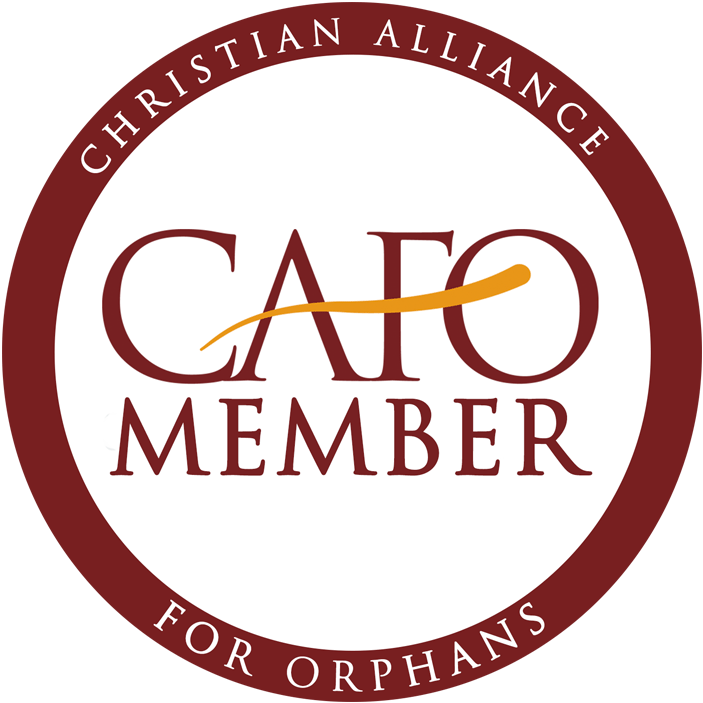
"I learned when we see people do hurtful things, it's often because they've been hurt the most."
In terms of foster care, Tori has experienced it all. Entering the system at age four; reuniting with her mom; seeing the effects of mental illness; entering the system again; moving to twelve placements; living in a group home; and finally making the decision to emancipate, Tori’s life is one of ups and downs. At moments, she wanted to be out of foster care, and at moments, it was the best option she had. Tori is real and raw and helps us learn what life in foster care is really like. We have much to learn.
“Normal” life is relative.
Tori’s life felt normal as a four-year-old. In some ways, her life was one of luxury where she was eating crab legs and steak. So, when police rushed into her home on a drug raid, she didn’t have any context for what was happening. Her home didn’t feel unsafe. Her foster home felt weird, and she didn’t want to eat their mac n’ cheese.
“I was growing up in a pretty normal environment for the most part. I trusted the adults around me.”
Mental illness has devastating effects.
After being reunited with her mother, Tori at first saw the benefits of her mother’s bipolar disorder and schizophrenia. She was a great saleswoman, going door to door selling vacuum cleaners, showing drive and ambition…until she was in a car accident, and her world was flipped upside down. She was at home more, and then blow-ups due to her bipolar disorder started happening. Name-calling, high anxiety, blame-shifting, and unrealistic accusations were being thrown at Tori. Foster care felt like a better option, and she was relieved to be able to finally share with a CASA worker what was really happening in her home.
“Mental illness had nowhere to manifest itself in a positive manner.”
Reliable, consistent people matter.
Even though Tori’s home situation was not stable, she had people in her life who were. She knew there were people she could call upon when she needed something. She had community. And yet, she didn’t always seek help. So, when her track coach invited her to be part of their family, she was thankful. But, it didn’t quite feel real. She shrugged it off at first. Their home didn’t feel like her home yet. The feeling of being part of this family was not validated until moments like: painting her room at the house, picking out her own bed cover, having a stocking that matched the rest of the family, her coach calling himself Grandpa when she had her son, and being walked down the aisle by her coach as she got married.
“To create a healthy environment for foster kids, they need community. Community is seriously what has gotten me to where I am now.”
RESOURCES FROM TODAY’S SHOW
MORE RESOURCES FOR YOU
SPREAD THE WORD!

Meet Our Guest
Get encouragement and updates in your inbox.
Be the first to know about new episodes, posts, resources, and stay in the loop about what’s coming up.
Other Episodes You Might Enjoy:









